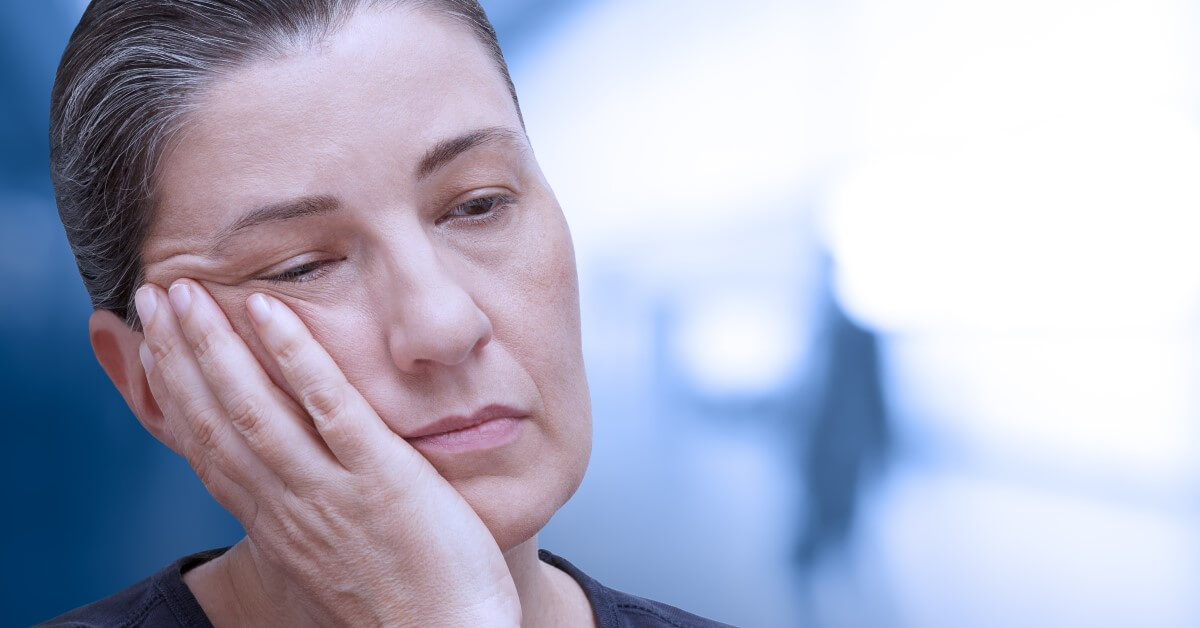Having problems sleeping? Click Below
Adult - Sleep Condition Checker
Adults - Sleep symptoms (Select Section Title to cover all symptoms or select Sub-section to check individual issues)
Pediatrics - Sleep Condition Checker
Pediatrics - Sleep symptoms (Select Section Title to cover all symptoms or select Sub-section to check individual issues)




Having problems sleeping? Click Below
Adult - Sleep Condition Checker
Adults - Sleep symptoms (Select Section Title to cover all symptoms or select Sub-section to check individual issues)
Pediatrics - Sleep Condition Checker
Pediatrics - Sleep symptoms (Select Section Title to cover all symptoms or select Sub-section to check individual issues)



